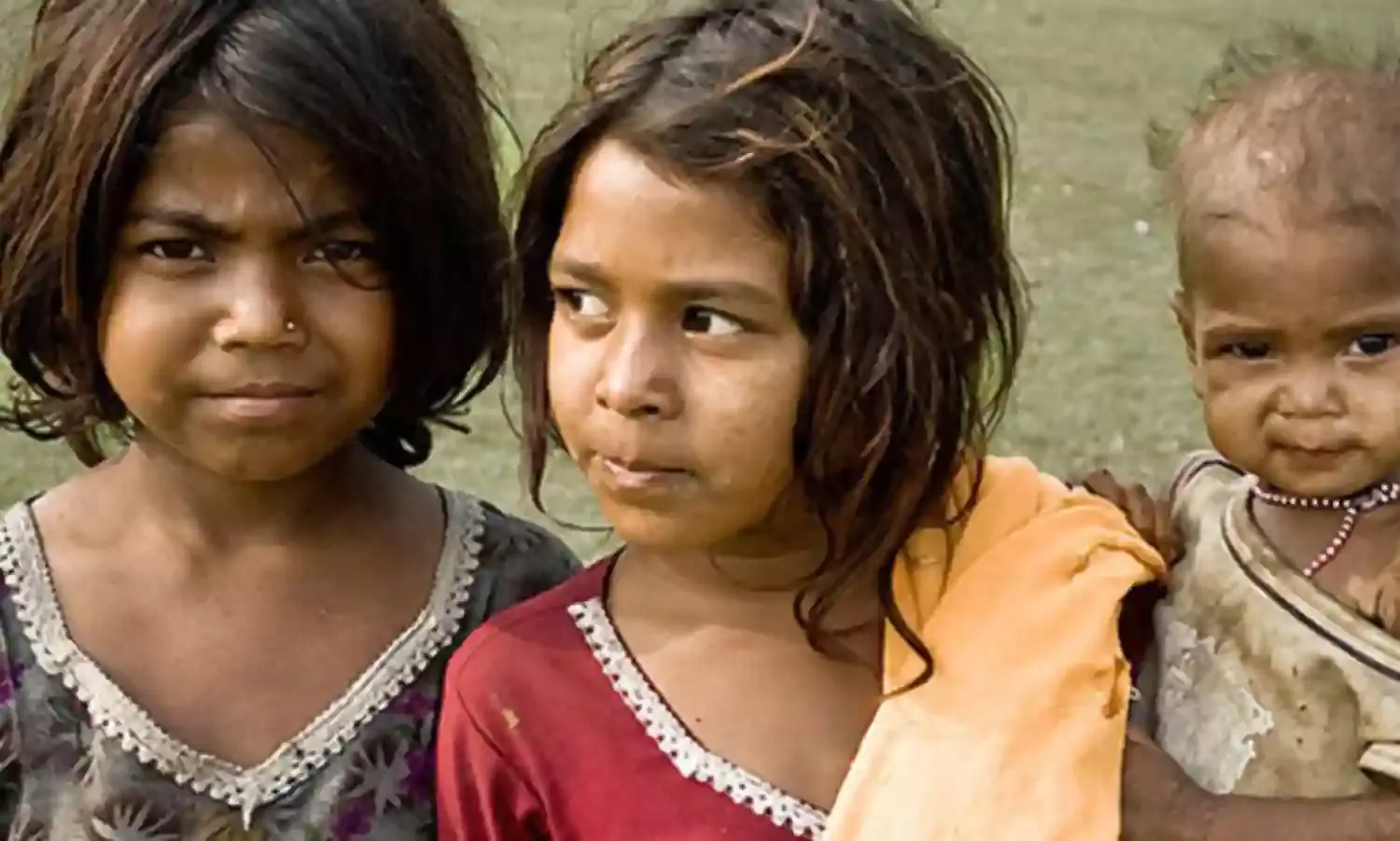Think of Those Who Grew Up Without Their Mother’s Love
Think of Those Who Grew Up Without Their Mother’s Love

We need not mourn the demise of our mothers if they die in old age, for we have had their blessings long enough. We should instead celebrate their lives for the unselfish love that they always gave us and our children and grandchildren. Truly, blessed are those who have had the blessings of their mothers for long, long years.
As a septuagenarian-matriarch, she presided over a large extended family; her every wish was obeyed as if it was a command. Her husband had passed away five years before leaving behind a wealthy family that comprised two sons, their wives and five grandchildren; their two daughters were happily married and lived elsewhere. The family was not always rich and has had to struggle in early years to make a decent living. She had then stood behind her husband through thick and thin and ensured that their four children did not feel the pinch of the deprivation of those hard and difficult days. Sooner rather than later, the business flourished and the family’s fortunes turned for the better; it was a happy and content family.
She was in the pink of health and enthusiastically performed all of her daily chores. Then one afternoon, her end came suddenly as she was having her daily siesta in an easy chair; her head fell limply sideways. Both the sons were in their office, older children in schools and the daughter-in-laws in their own quarters; it was the youngest son who raised the alarm. She was duly cremated and the rituals observed.
Over the years, I had become a mentor of sorts for the older son who would come to me off and on to take advice on one or another business issue. One evening after the Uthala, he came over and started crying like a child. I made him sit in a chair and narrated him the following story.
In the Lahore of mid-1930s, a young mother, not even 23, died leaving behind her distraught husband and three sons, the oldest being just four and the youngest a little over one. An older half-sister was there but she was also very young. Somehow, the boys were raised by their widower-father with the help of nannies and an occasionally-visiting aunt. There was no one to hold their hand and guide them in their childhood years. As an insurance agent, the father was busy all day visiting prospective clients. Yet, he tried to take care of his children within his limitations. At times, he would take them on a tonga to a restaurant or the Lawrence Gardens for a little outing; that was his way of showing his affection. Then came the independence and the partition in 1947 and the family migrated as refugees to Dehra Dun. Here too, the father worked hard to bring up the motherless children. Over the years, those boys and the girl grew into teenagers without ever knowing what was a mother’s love and affection.
You have no reason to cry. You all have been so fortunate to have had in abundance the love and affection of your mother for such a long time; your mother too has lived a healthy and full life; she had enjoyed to the full the love and the caring that you all gave her in ample measure; she had relished playing with her doting grandchildren. In her long life, your mother had always been thoughtful and considerate, and took care of the comforts of all of her children and grandchildren.
Instead of crying over her death, you rather need to celebrate her demise. She had been a true mother in every sense of the term; she neither ever caused you any trouble nor inconvenienced you when she was alive. And when she died, she made sure that she went away quietly and peaceably without making any fuss. She would not want you to cry. She was at ease when she lived and equally content when she died.
I was that 4-year old unfortunate boy with two younger siblings whose mother had died in the Lahore of mid-1930s; we all were raised by nannies, some caring and others uncaring. We did not ever experience the warmth of a mother’s love; we were never put to sleep by a mother’s lullaby. We were unfortunate not to have felt a mother’s love or her touch. Suddenly I blurted, “Oh, Mother”, and started crying for the mother’s love that I was not fortunate enough to have experienced.
On this Mother’s Day, those who are so very fortunate to have had the love and affection of their mothers must cherish what they have, for there is no greater boon than a mother’s love. And shed a tear or two for those like me who grew up without knowing what a mother’s love and affection is.
(Raj Kanwar is Dehra Dun-based octogenarian author and freelance journalist).



